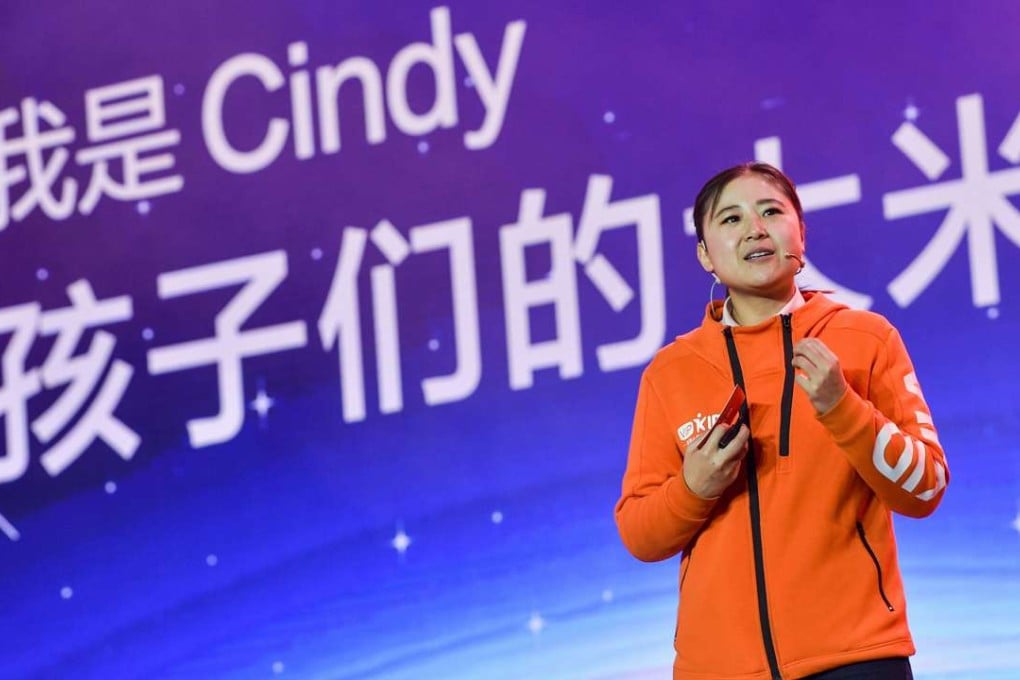New | VIPKid links China’s English students with American teachers

Entrepreneur Cindy Mi’s office sits in a building that used to be a Taoist temple in one of Beijing’s oldest hutong areas, but there is nothing traditional about her start-up.
Founded in 2013 and formally known as Future VIPKid, the company has built a rapidly growing business by allowing Chinese children to learn English at home through videoconferencing with North America-based instructors.
The service is tapping into the demand among Chinese middle-class parents to have their children learn English in the most authentic way and the desire of underpaid North American teachers to make more money during their spare time – a model envisioned by Mi as using “on-demand economy to connect teachers and children across the world”.
The online one-on-one sessions target children aged between five and 12. Each session lasts 25 minutes and costs 130 yuan (US$18.90). More than half of the money goes to the pockets of overseas teachers, who can typically make US$3,000 to US$4,000 a month, equal to their monthly salary in North America.
[Chinese parents] no longer want their children to be taught by those who merely have foreign looks
The model has led to explosive growth in VIPKid’s business. The company started last year with fewer than 1,000 registered teachers and nearly 10,000 paid users. Now the numbers have jumped to more than 6,000 teachers with over 60,000 paid users. About 1 per cent of the users are outside China but Mi said the company was in no hurry to expand its user base overseas.